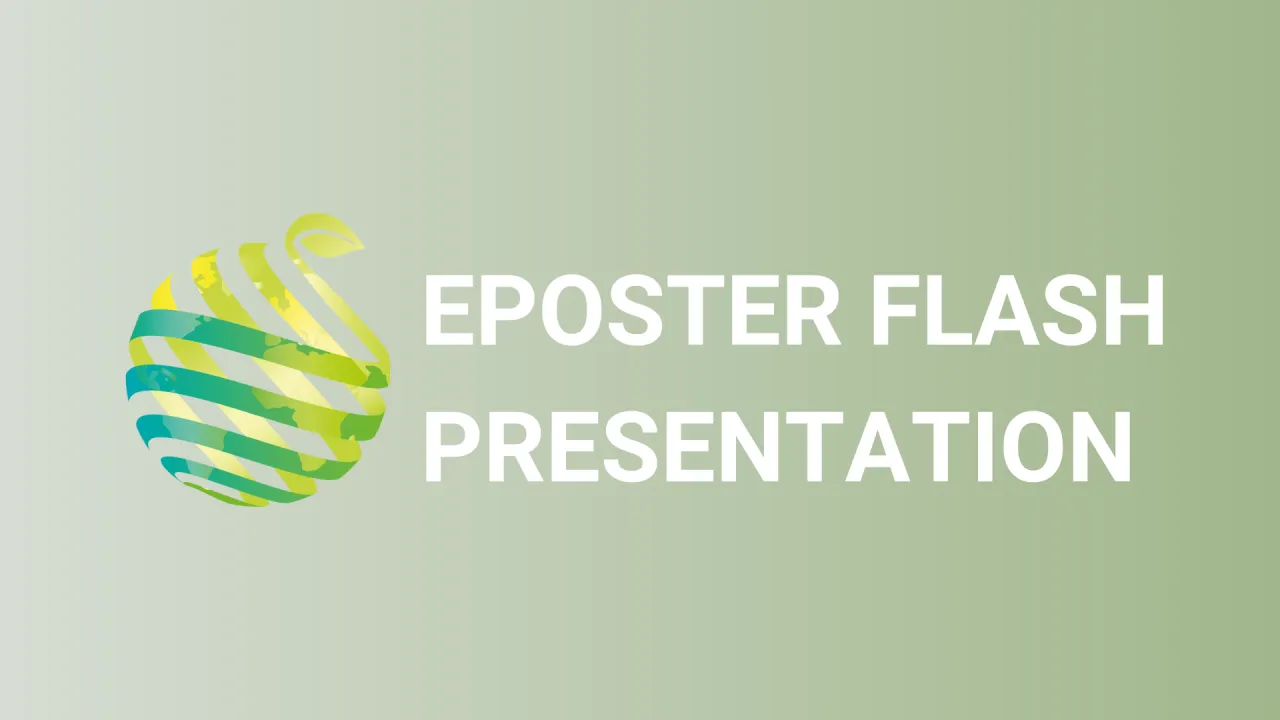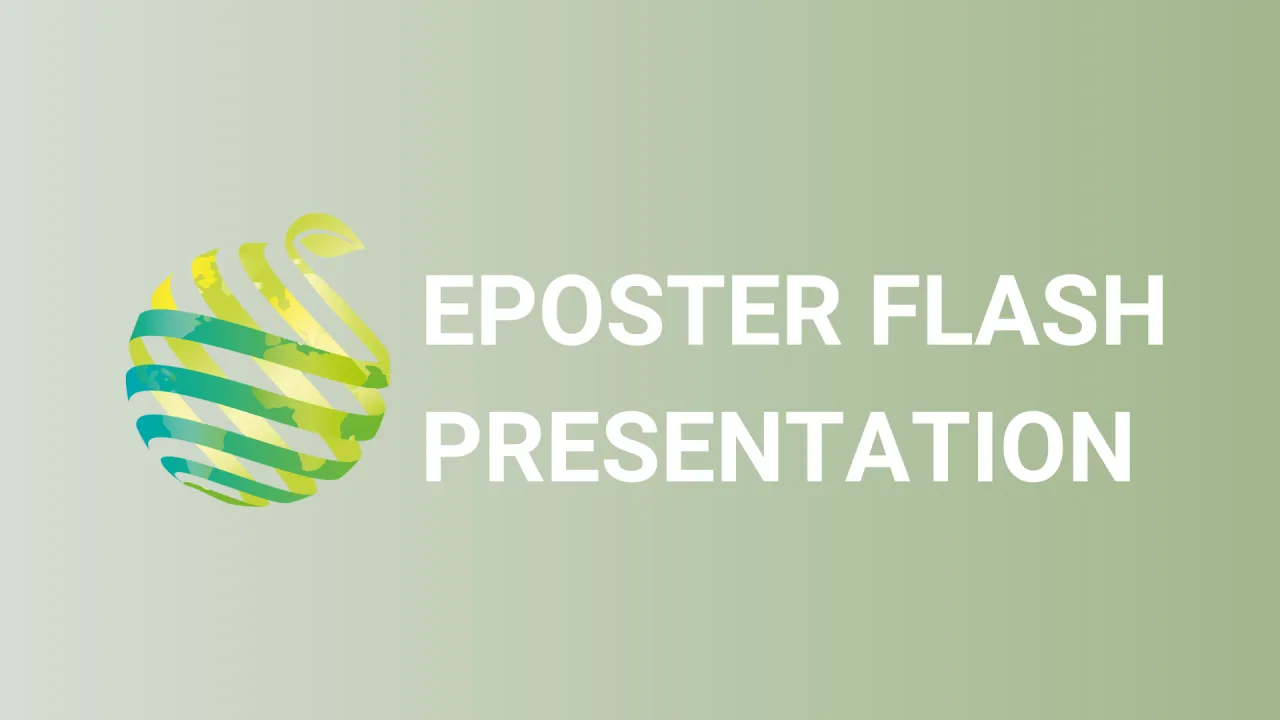

S14 - Session P6 - Functional analyse of the agglutinin gene family in apple/Erwinia amylovora interaction
Information
Authors: Antoine Bodelot *, Nicolas Dousset, Elisa Ravon, Christelle Heintz, Erwan Chavonet, Matthieu Gaucher, Marie-Noelle Brisset, Alexandre Degrave, Emilie Vergne
Erwinia amylovora is a Gram negative Enterobacteria and the causal agent of fire blight, a disease affecting the members of the Rosaceae family, especially apple and pear. Applying a Plant Resistance Inducer called ASM (Acibenzolar-S-Methyl) on apple seedlings reduces the severity of fire blight and induces a transcriptional reprogramming leading to high expression levels of a conserved gene family encoding agglutinin proteins. We named these gene family members MdAGG1 to MdAGG17 and produced the recombinant protein MdAGG10. This allowed us to show that MdAGG10 is able to agglutinate E. amylovora cells in vitro by binding to bacterial surface polysaccharides. Our study aims at investigating in planta the effective involvement of MdAGGs in apple resistance to E. amylovora using transgenic apple Gala lines constitutively overexpressing MdAGG10 or impaired in numerous MdAGGs coding sequences (knock-out (KO) lines) thanks to CRISPR/Cas9 technology. Functional analyse (transgene insertion and editions genotyping, transgene and edited gene QPCR expression evaluation, protein quantification by western-blot, etc…) of these transgenic lines is underway. They will be then inoculated with E. amylovora in order to determine if (i) the overexpression of MdAGG10 improves apple resistance to E. amylovora, and if (ii) ASM-treated KO lines are more severely diseased by the bacteria than are ASM-treated wild-type plants. These latter phenotypic results will be analysed in light of sequence modifications extend performed by CRISPR/Cas9 in the different KO lines, to determine if the quantity of intact MdAGGs produced upon ASM-treatment acts quantitatively on apple basal immunity toward E. amylovora . In order to be able to propose innovative genetic strategies to improve apple and pear fire blight resistance, investigating such immune end-players involvement is inescapable, and especially relevant for this bacterial disease that lack effective pest management methods. Moreover, it contributes to the characterization of an original plant defense mechanism to bacterial pathogens.